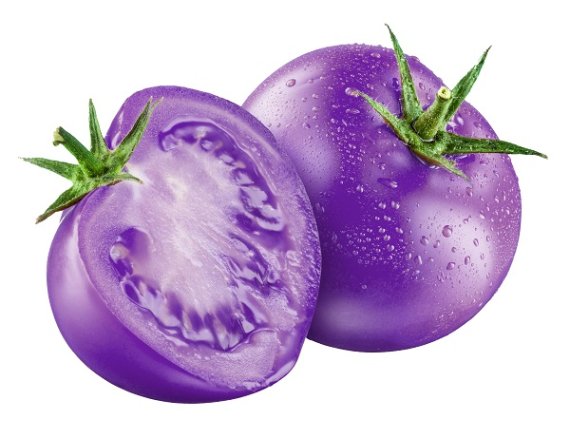The European Patent Treaty prohibits the patenting of essential biological processes, such as the crossing of plants in classical plant breeding. But on the products these processes give rise to, such as seeds and plants, a patent can indeed be granted, according to the patent office. Visser is astounded by this judgement. ‘I had expected the patent court to say that newly identified biological processes in plants are not inventions for which you can apply for a patent, they are discoveries of something that already exists. But in the opinion of the lawyers at the patent office, biological processes can indeed be an invention. The judgement of the European Patent Office is bad news for plant variety rights and the exchange of material and knowledge between breeders.’
Bad news. Why?
‘If a plant breeding company develops a new variety of tomato, under the plant variety rights system competitors can further breed the tomato in order to develop a better variety, and do so free of charge. But if the new variety involves patented knowledge, you first have to reach agreement with the patent holder. This creates scope for the patent holder to refuse to grant a licence or to ask an exorbitant price for it. Plant variety rights are entirely at odds with patent law.’
Why do patents take precedence over plant variety rights?
‘It used to take five to fifteen years before competitors could develop a better variety; now this can be done much more quickly. These days a competitor can take your variety and within two years he can have changed the taste or colour to such an extent that he can register a new variety. Naturally, that leaves a sour taste if the new variety is based on a technique in which you have invested a great deal of time and money.’

